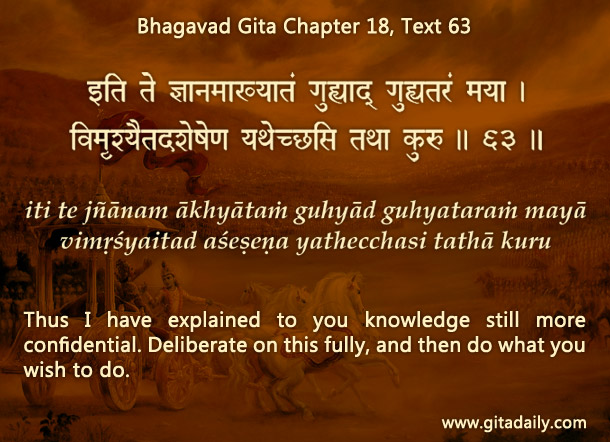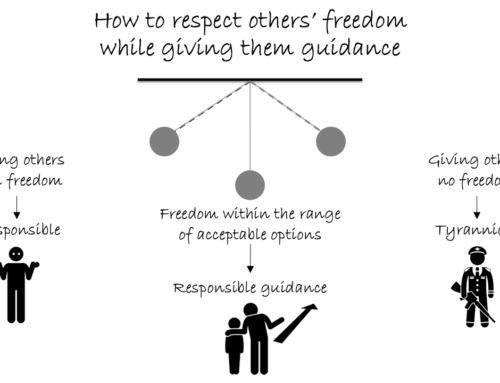Some people say they want to do good to others. But when others don’t cooperate, they use force to get others to do their will. Force may be temporarily necessary in specific cases, as when administering medicine to the mentally unbalanced or to children. But in things that require to be sustained over a long time, others’ voluntary participation is essential.
Suppose someone with apparent concern for others objectifies others, treating them as mere pawns to be manipulated into doing something. Such objectification of others is a surefire alarm signal. Throughout history, many murderous tyrants such as Hitler and Stalin were convinced that what they were doing was good for everyone. And to do that ‘good’, they sought unchallenged power and destroyed all those who opposed them.
Naked power grabs are easy to identify. But some power grabs are much more sophisticated, using rationalizations and moral posturing and especially moral condemnation of those opposed as ignorant or incompetent or malevolent.
Reproaching objectification of others, Gita wisdom stresses that people are conscious subjects with God-given free will. And God himself demonstrates respect for that free will. In the Bhagavad-gita, Krishna doesn’t force Arjuna to do his (Krishna’s) will, although his will is indubitably good for everyone. Instead, Krishna uses reasoning to appeal to Arjuna’s intelligence, urging him to contemplate the Gita’s message and then do as he desires (18.63).
When we seek to help others, but they don’t cooperate, we need to resist the temptation to turn to force. Instead, we can turn to prayer. Such prayer can help in two ways: expose any dark motives we might have and invoke divine intervention from within others’ hearts for transforming them.
One-sentence summary:
Concern for others is often a mask for concern for power over others when that concern objectifies others and demonizes opposers.
Think it over:
- How might concern for others be used to grab power?
- What does the Gita teach about doing good to others?
- Does your concern for others sometimes tempt you to want to force them? How can you resist that temptation?
***
18.63: Thus I have explained to you knowledge still more confidential. Deliberate on this fully, and then do what you wish to do.
To know more about this verse, please click on the image
Explanation of article:
Podcast:




Very useful, practical and insightful. Your kind note on this gem of Gita wisdom guards us in being aware of our own inner feelings and intentions as well as those of others distinguishing clearly between : concern for others or concern for power over others. Thank you so much. Hare Krishna.
Thanks for this lucidly articulated comment. Happy to be of service.
I also found the article very insightful and relevant for anyone who wishes to help others, helpful for checking our own intentions and staying alert. The solution to resort to prayer was also beautiful.
Thanks for the specific appreciation; happy to be of service.